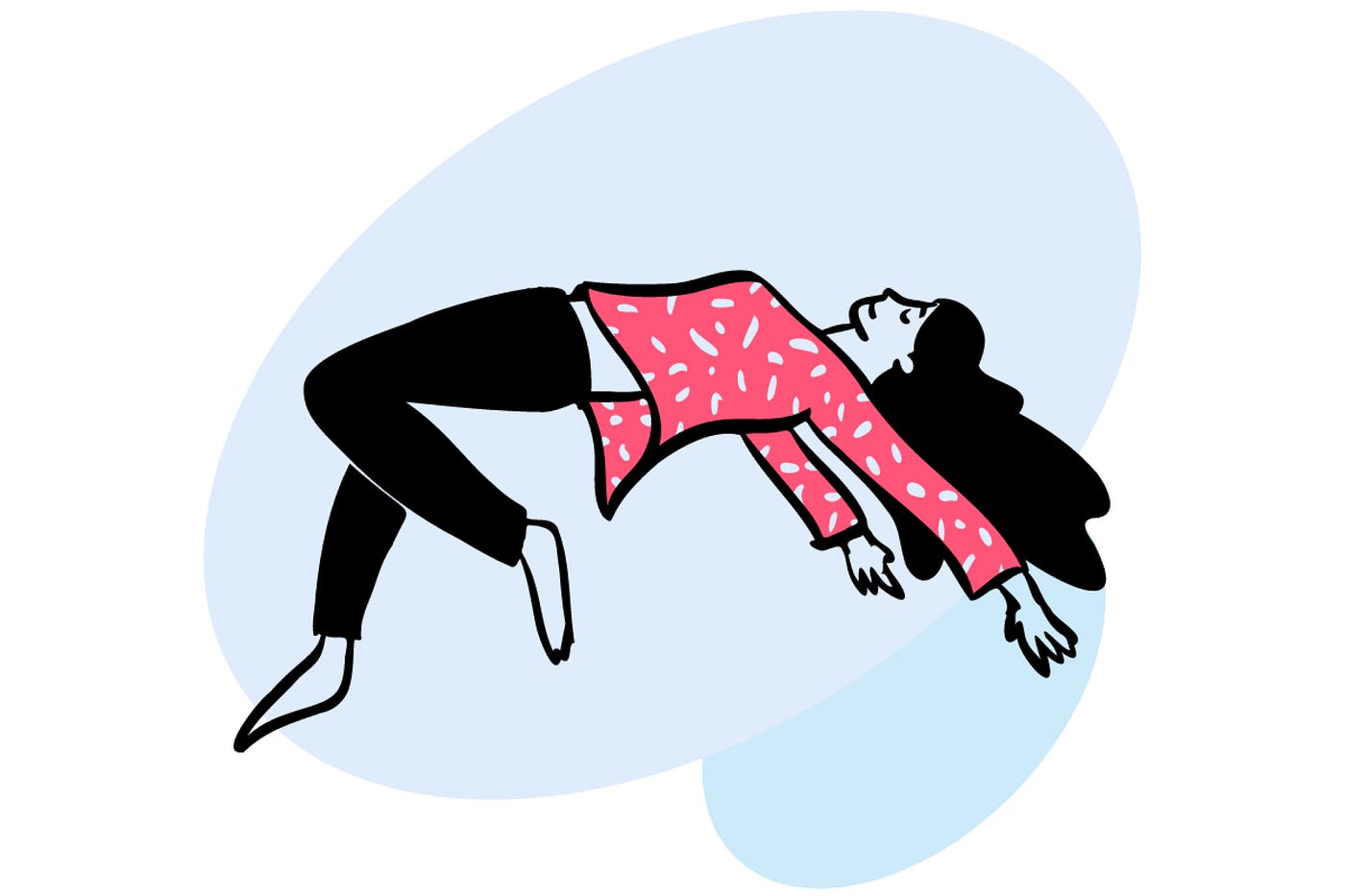Now Reading: Stuck in a Toxic Job? Here’s What to Know Before Quitting Without a Plan
-
01
Stuck in a Toxic Job? Here’s What to Know Before Quitting Without a Plan
Stuck in a Toxic Job? Here’s What to Know Before Quitting Without a Plan

Toxic work environments can drain your energy, harm your confidence, and take a toll on your mental health. But walking away without another offer in hand? That’s a big decision. Many Indians, especially in Tier 2 cities where job options are more limited, face this exact dilemma. Should you wait it out, or cut your losses and walk away—no backup plan, just peace of mind?
What Does a Toxic Workplace Look Like?
It’s not just about a rude boss. A toxic job can include unrealistic expectations, constant stress, poor boundaries, blame games, or feeling undervalued despite your efforts. Over time, it starts affecting your sleep, health, and mood—even outside work hours.
The problem is, these signs often become “normal” when you’ve been in the environment too long. You stop noticing the damage it’s doing.
The Risk of Quitting Without a Plan
Leaving a job without another offer can be financially risky, especially if you’re supporting family or managing EMIs. In smaller cities, where job markets aren’t as fast-moving as metros, finding a replacement role might take longer.
There’s also the emotional side—uncertainty, self-doubt, and dealing with questions from family or society. Many fear how it might look on their résumé or during interviews.
But Staying Isn’t Always Safe Either
If a job is damaging your mental or physical health, staying too long can be more harmful than helpful. You may end up burnt out, disconnected, or worse—completely losing your confidence.
No job is worth your well-being. And sometimes, stepping away is the only way to reset and see things clearly.
Is There a Middle Path?
Before quitting outright, it might help to explore other options. Can you speak to HR? Can you request a change of team or responsibilities? Can you quietly start applying elsewhere without raising flags?
If none of that works and the situation becomes unbearable, it’s okay to leave—with or without a plan. But try to cushion the fall. Save up for a few months of expenses. Talk to people in your network. Be clear about what you’re looking for next.
Tier 2 Challenges, Tier 2 Strength
In Tier 2 cities, community and family often play a strong role. That can be both a support system and a pressure point. Use it wisely. If you decide to quit, communicate your reasons clearly to those who matter. Focus on recovery and building your next steps gradually.
Many who leave toxic jobs go on to find roles that actually respect them. But it starts with choosing your mental health over momentary comfort.
Conclusion:
Leaving a toxic job without a plan is a tough call—but for some, it’s the necessary one. While financial and social factors matter, your peace of mind matters more. If you’re stuck in a job that’s draining the life out of you, it’s worth asking—what’s the real cost of staying? Sometimes, not having a plan is still better than staying in a place that’s breaking you.

























